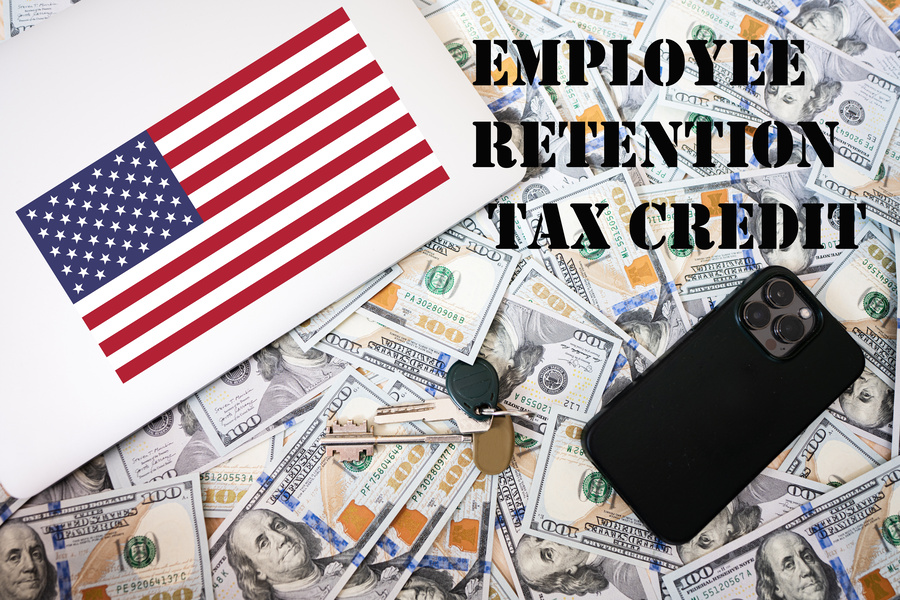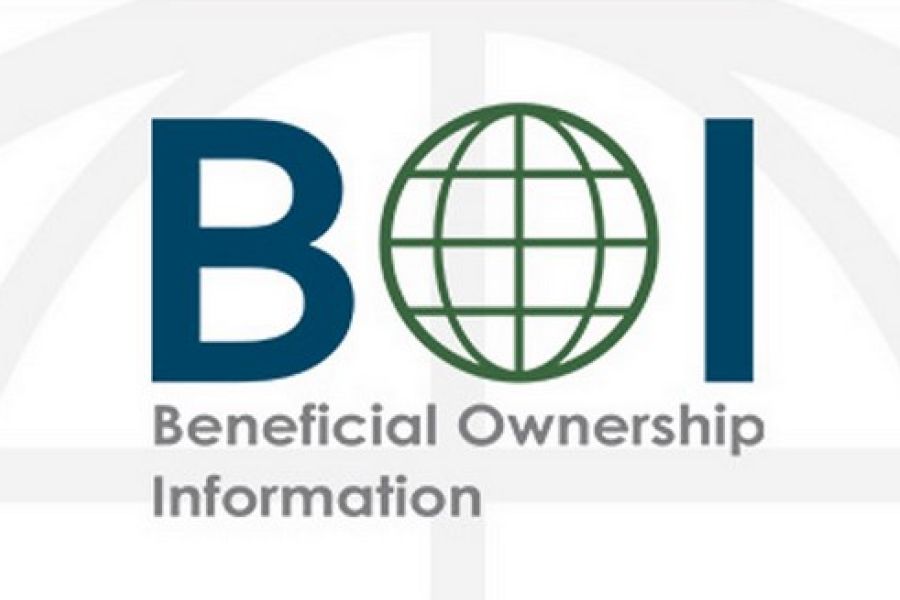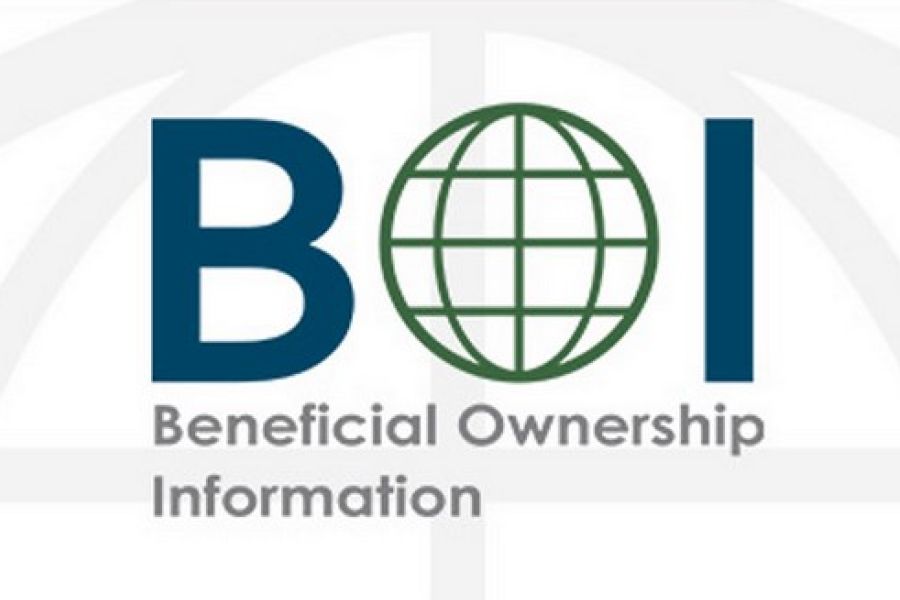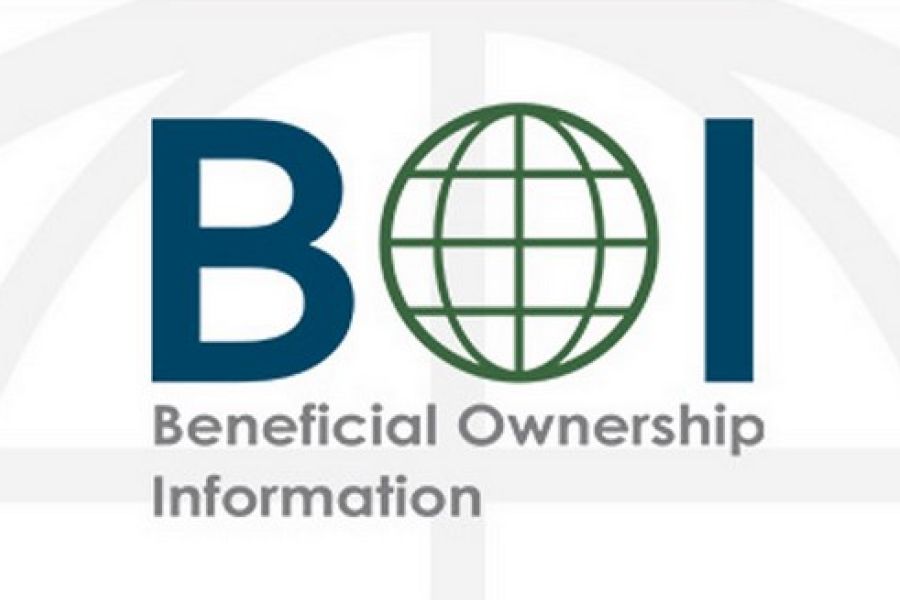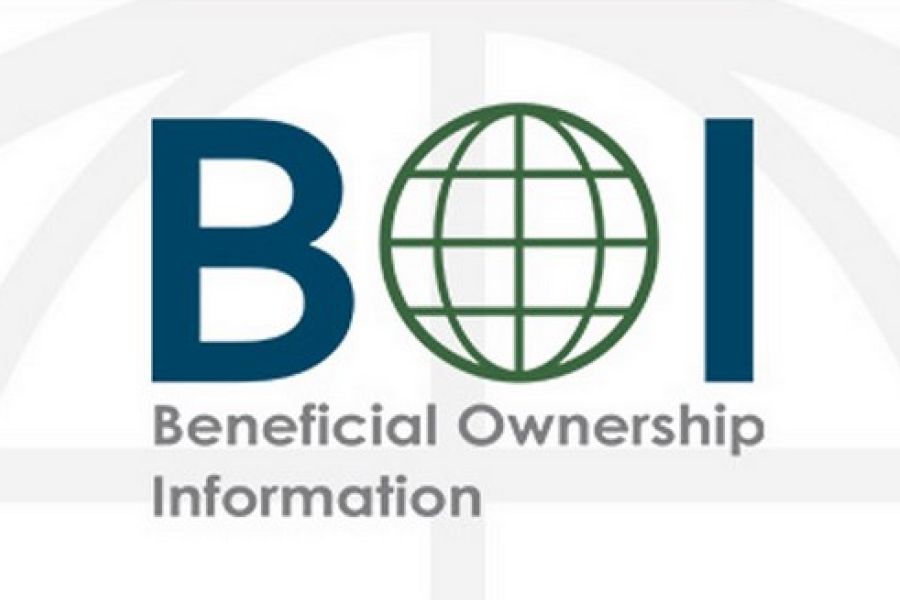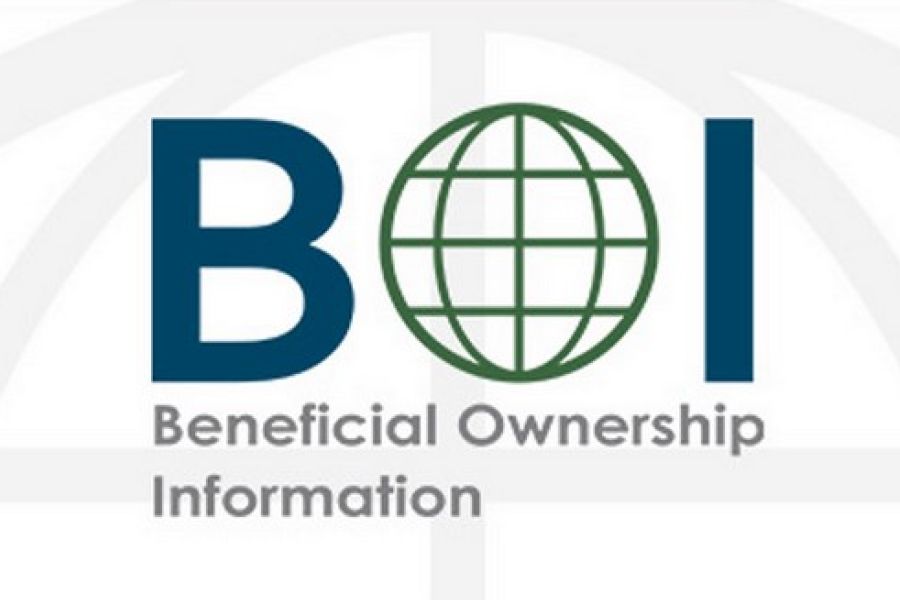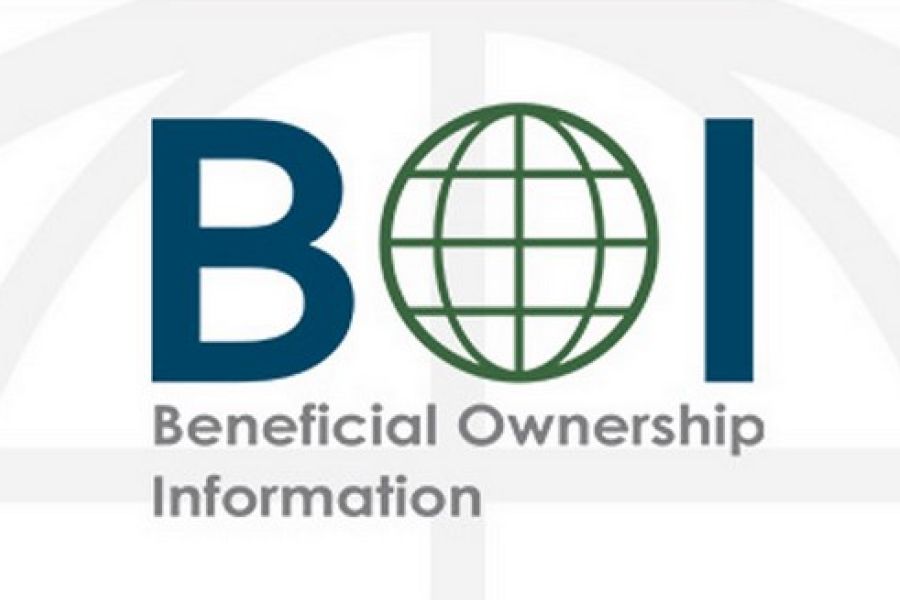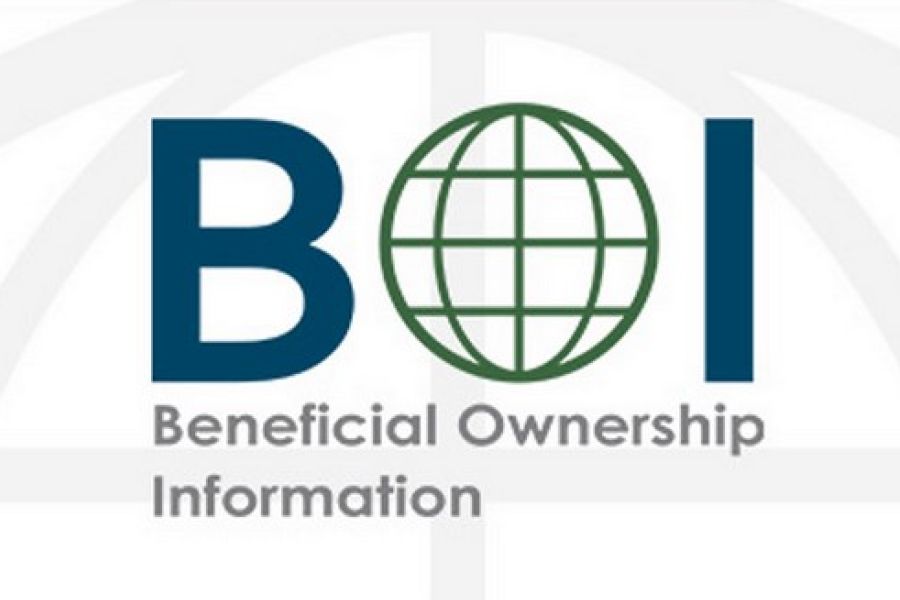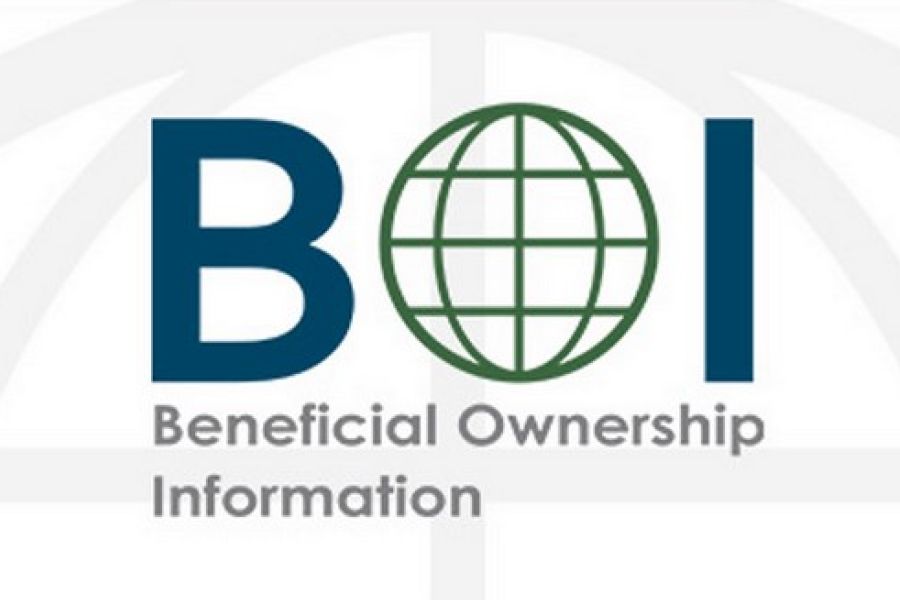On March 21, 2025, the IRS released updated FAQs and guidance that introduce a new process for taxpayers dealing with Employee Retention Tax Credit (ERTC) refunds, particularly when those refunds relate to wages paid in prior tax years like 2020 or 2021. This update aims to simplify reporting requirements and provide clarity for taxpayers who either received ERTC refunds or had their claims disallowed. Here’s a breakdown of what this means for you and how to handle your tax filings moving forward. . Background on ERTC and Wage Expenses The Employee Retention Credit, introduced as part of COVID-19 relief measures, allowed eligible businesses to claim a credit for qualified wages paid to employees. However, claiming the ERTC comes with a catch: taxpayers are generally required to reduce their...

As posted to US Department of Treasury website on 3/2/25 The Treasury Department announced on 3/2/25 that, with respect to the Corporate Transparency Act, not only will it not enforce any penalties or fines associated with the beneficial ownership information reporting rule under the existing regulatory deadlines, but it will further not enforce any penalties or fines against U.S. citizens or domestic reporting companies or their beneficial owners after the forthcoming rule changes take effect either. The Treasury Department will further be issuing a proposed rulemaking that will narrow the scope of the rule to foreign reporting companies only. Treasury takes this step in the interest of supporting hard-working American taxpayers and small businesses and ensuring that the rule is appropriately tailored to advance the public...
In a major development for U.S. businesses, the Financial Crimes Enforcement Network (FinCEN) has announced the reinstatement of the beneficial ownership information (BOI) reporting mandate under the Corporate Transparency Act (CTA). The decision comes on the heels of a February 18, 2025, ruling by the U.S. District Court for the Eastern District of Texas, which lifted a preliminary injunction in the case of Smith, et al. v. U.S. Department of the Treasury, et al. (Case No. 6:24-cv-00336). With this ruling, the filing requirement is back in effect, and a new deadline of March 21, 2025, has been set for most reporting companies. This announcement, detailed in FinCEN Notice FIN-2025-CTA1, marks a significant shift after months of legal uncertainty surrounding the CTA’s BOI requirements. The reinstated mandate...
In a significant development for businesses across the United States, the legal landscape surrounding the Corporate Transparency Act (CTA) has taken a pivotal turn with the case of Smith et al. v. U.S. Department of the Treasury. Here’s what you need to know about the current state of affairs and what might lie ahead: The Legal Background On January 7, 2025, the U.S. District Court for the Eastern District of Texas issued a preliminary injunction in the case Smith v. U.S. Department of the Treasury, halting the enforcement of the CTA's beneficial ownership information (BOI) reporting requirements. This decision was a direct response to concerns raised by the plaintiffs, Samantha Smith and Robert Means, regarding the applicability and implications of these regulations on their businesses. Recent Developments The Department...
In a surprising turn of events, the Fifth Circuit Court of Appeals has reinstated a nationwide injunction that halts the enforcement of beneficial ownership information (BOI) reporting requirements. This decision, made on Thursday, reverses an earlier order from the same court issued just days prior. The court's latest action aims "to preserve the constitutional status quo while the merits panel considers the parties' weighty substantive arguments," according to the court's order. This refers to the panel of judges who will ultimately decide the appeal regarding the Corporate Transparency Act (CTA). The CTA, enforced by the Financial Crimes Enforcement Network (FinCEN), mandates that reporting companies disclose detailed information about their beneficial owners. This legal back-and-forth began with a Texas federal district court's injunction on December 3, 2024, in the...
Following a significant federal Court of Appeals decision on December 23, 2024, the Financial Crimes Enforcement Network (FinCEN) has once again mandated that reporting companies file Beneficial Ownership Information (BOI). However, recognizing the confusion and delay caused by a recent preliminary injunction, FinCEN has graciously extended the deadline for compliance. . Here's how it breaks down: . Companies Created or Registered Before January 1, 2024: You now have until January 13, 2025 to file your initial beneficial ownership information reports. This is an extension from the original January 1, 2025 deadline. . Companies Created or Registered Between September 4, 2024, and December 23, 2024: If your filing deadline fell between December 3, 2024, and December 23, 2024, you've been granted an extension to January 13, 2025. . Companies Created...
In a significant legal development, a U.S. Appeals Court has lifted a temporary block on the enforcement of a key anti-money laundering law, known as the Beneficial Ownership Information (BOI) reporting requirement. This decision ensures that the January 1, 2025, deadline for reporting will proceed as planned. . On Monday, a three-judge panel from the 5th U.S. Circuit Court of Appeals in New Orleans overturned a nationwide injunction set by U.S. District Judge Amos Mazzant in Sherman, Texas. The injunction, issued on December 3, 2024, had halted the enforcement of the Corporate Transparency Act (CTA), following a legal challenge by the National Federation of Independent Business (NFIB) and several small businesses. They argued that the CTA was unconstitutional, but the appeals court disagreed. . The panel, consisting of Judges...
Good news for small businesses: The deadline for filing Beneficial Ownership Information (BOI) reports might be extended by a year. The House of Representatives has proposed a continuing resolution that includes this extension, pushing the deadline from January 1, 2025, to January 1, 2026, for companies formed or registered before January 1, 2024. . This 1,500-page funding bill, aimed at preventing a government shutdown by extending funding through to March 14, 2025, is up for a vote soon. Section 122 of the document specifically addresses this extension, amending the existing law to reflect the new deadline. . AICPA's Role in Advocacy . Melanie Lauridsen, Vice President of Tax Policy & Advocacy at the AICPA, celebrated this move in a LinkedIn post, noting it as a long-fought victory. The AICPA, along with...
The landscape of compliance with the Beneficial Ownership Information (BOI) Reporting requirement under the Corporate Transparency Act (CTA) has changed dramatically following a recent federal court decision. Here’s what businesses need to know about the current status and next steps. . Background on the Corporate Transparency Act The CTA mandates that certain businesses report detailed information about their beneficial owners, officers, and control persons to the Financial Crimes Enforcement Network (FinCEN). This law, aimed at curbing money laundering, terrorist financing, and tax evasion, was set to see its first major compliance deadline on January 1, 2025. However, the path to enforcement has hit significant roadblocks. . Legal challenges have been mounting, with multiple lawsuits questioning the constitutionality of the CTA. A pivotal moment came when the U.S. District Court for...
In a groundbreaking decision, a federal district court in Texas has issued a nationwide preliminary injunction that blocks the enforcement of the beneficial ownership reporting requirements under the Corporate Transparency Act (CTA). This ruling comes from the case Texas Top Cop Shop v. Garland (December 3, 2024, U.S. District Court, Eastern District of Texas, Case No. 4:24-CV-478). . The court's decision is centered around the assertion that Congress overstepped its legislative bounds with the CTA. The judge determined that the law intrudes on the states' rights to regulate business entities within their jurisdiction, thereby deeming it unconstitutional. As a direct result, the U.S. Treasury's Financial Crimes Enforcement Network (FinCEN) is now barred from enforcing the upcoming January 1, 2025, deadline for reporting companies to submit their beneficial...


